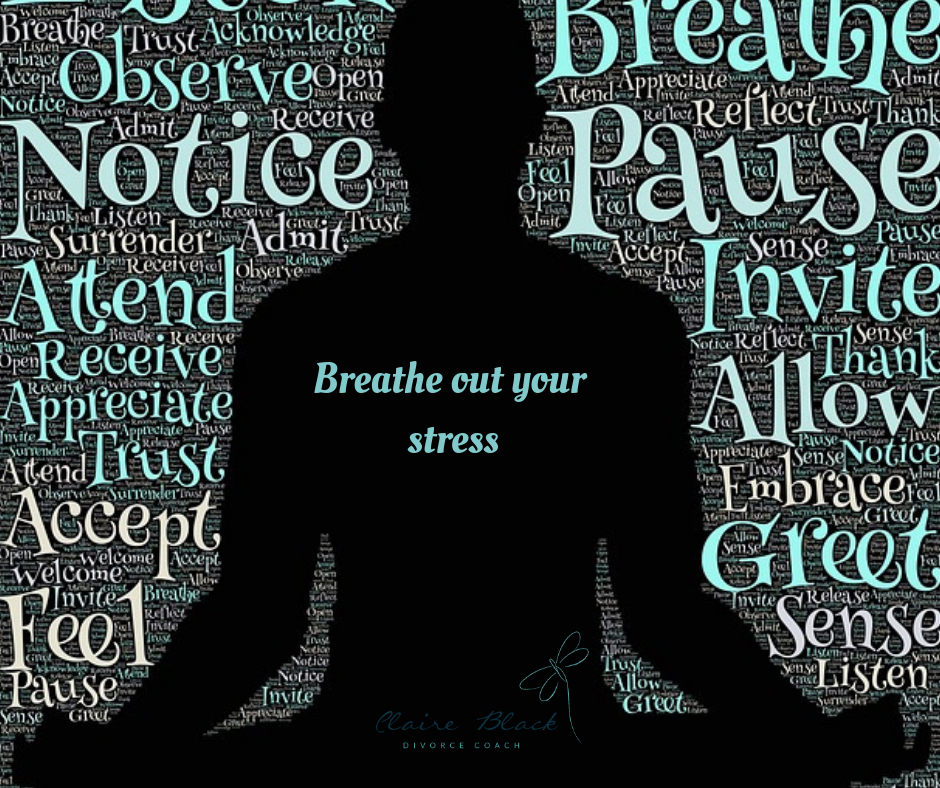My ex won't engage or respond - what can I do?
I worked with one of my clients (I will call her Lucy) recently to help her handle her ex’s lack of response to any of her lawyer’s letters. Lucy felt that her ex’s lack of response was not only rude, but it showed a lack of respect, and a level of contempt for her that meant that she felt worthless.
Lucy was falling into a trap that I often see clients fall into (and it’s one I fell into myself too during my own divorce) – her ex’s behaviour and actions (or rather lack of action) were affecting how she saw herself.
My first question was this – does your ex’s lack of response say more about you or him? That one didn’t take long for Lucy to answer! It said much more about him than about her.
Here are my top tips to free yourself from the negative impact of your ex’s actions on your feelings:
You get to choose how you feel
Remind yourself that whilst you cannot control your ex’s behaviour, you can control how you feel, how you respond and how you behave.
When you get angry or upset due to your ex’s actions, and find yourself saying, “why can’t he/she just xxx”, or “I wish I could make him/her do/say/understand yyy”, then you are falling outside your zone of control, and the only result is frustration. Especially when the problem is that your ex is non-responsive – you can’t make them respond. You can’t make them react the way you want them to. But you CAN choose your own responses and feelings.
When you stay in the turquoise zone, you are within your zone of power - as soon as you slip into the yellow zone, the likely resulting feelings are frustration, resentment, anger. All the while Lucy’s ex did not respond, and she was frustrated or upset, or angry at what she interpreted as his rudeness and contempt, she was sliding into the yellow zone, and letting his actions have power over her.
Easy to say! What can you do to take back your power, and get back in the turquoise zone?
Know that you have all the resources you need!
The first powerful resource you have is your breath. Your breath can overpower your thoughts, slow your heart rate and lower your stress levels.
Breathe in counting to 5, hold for 2 and breathe out slowly counting to 8. Repeat until you feel calm. This brings oxygen back into the brain - and you can't count and think at the same time, so it stops your thoughts. Win-win!
Once you're feeling calmer, take a big piece of paper, and brainstorm answers to these questions:
What are all the good things in my life?
What am I grateful for?
What can I do now that I couldn’t do before?
What have I done in the last month/year that I am proud of?
What strengths and qualities do I have that would help me right now?
Once you have a page full of good things, things that you are proud of and that you couldn’t do before, stick it up on your wall or fridge so that you can see it every day. Remind yourself of all the good things, and all resources you have. Sit for a moment and reflect on your power and strength and all you have learned. Really feel that power and strength in your heart and body and imagine it protecting you like a shield, or a suit of armour.
Now stand tall in front of a mirror, with your shoulders back, head held high. Breathe deeply, look yourself in the eye, and know that you are resourceful and worthy!
Tell yourself out loud how resourceful you are, using examples from your list of things you are proud of and have achieved.
Remind yourself that you can do anything.
Get clarity around what you CAN do
Get advice on what you CAN do. Instead of focusing on their non-action, focus on your possible actions. Get advice on what steps you could take, or consider taking, to move things forward. This might mean talking to your solicitor, or your financial adviser, or another professional who is best placed to advise you.
Don’t bury your head in the sand and hope it will all go away. Get clarity on what is within your power to do. Think flexibly, brainstorm options and choices, and take back YOUR power, rather than focusing on what you can’t do - which is make your ex behave in a different way.
You could also consider what other strategies for communication you might be able to use. See my blog on Communication for some ideas. Sometimes a change in your approach will elicit a different response back. If you keep doing the same thing and getting the same result, which isn’t working, try something else!
Put yourself back in the driving seat.
Tell your story differently
Notice what story you are telling yourself about your ex’s refusal to engage. What assumptions might you be making? What else could it mean? For example, could it mean that they are afraid and acting from a place of fear? Burying their head in the sand?
How could you look at it differently?
Start to tell the story differently with your focus on you, your strengths and resilience. Instead of focusing on their lack of response, get clear about what you can do. Get advice on the steps you could take now to move things forward. Focus on how far you have come, and what you have achieved. Use your Wow brain to look at how far along this journey you have come.
Tell that story instead!
If your ex is not responding, and it is driving you crazy, try these tips to take back your control. Notice what happens when you do, and how differently you feel.





